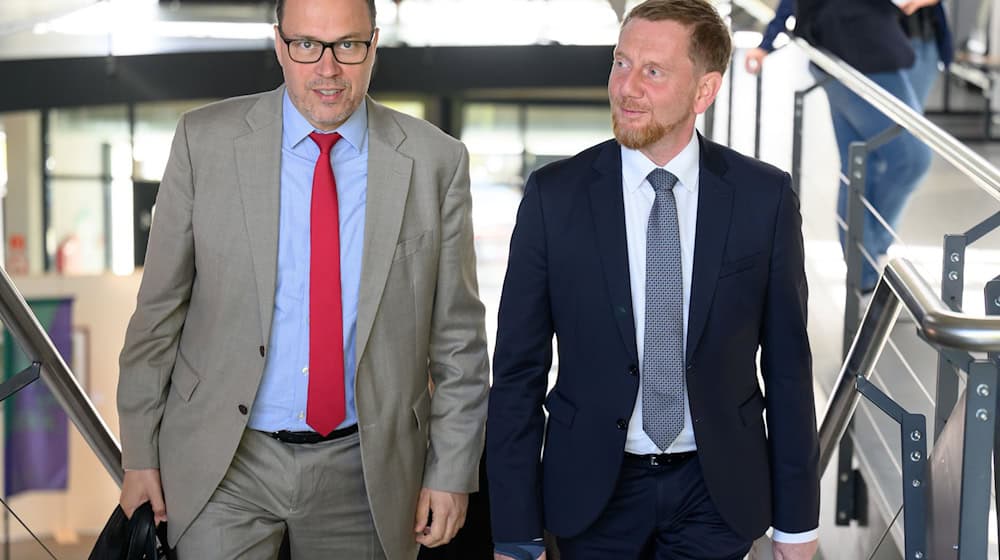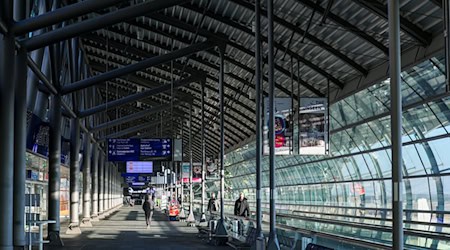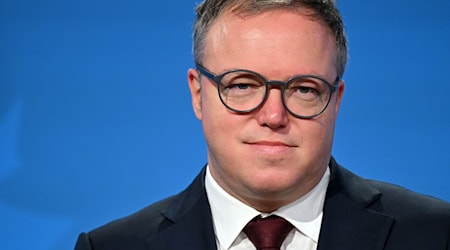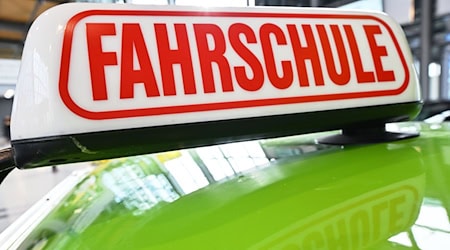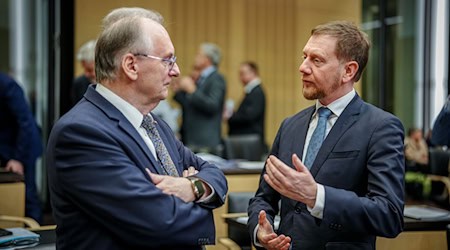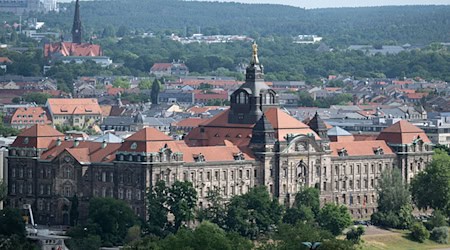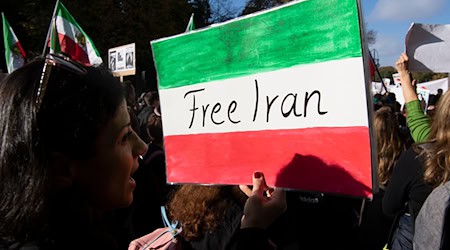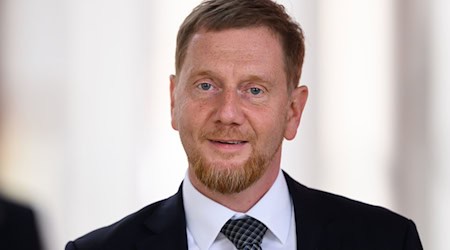In Saxony's opinion, the regions in Europe need more rather than less say in European decision-making processes. At a foreign cabinet meeting in Brussels, the government of Prime Minister Michael Kretschmer (CDU) adopted a European strategy and did not spare any criticism of the European Commission's plans to centralize funds.
Saxony rejects plans to centralize funds
The two largest pots of the current 1.2 trillion euro budget, the Common Agricultural Policy (CAP) and the so-called cohesion policy, which is intended to help economically underdeveloped regions, together account for two thirds of the funds and are to be merged into a fund for national and regional partnership plans. Saxony rejects this. This would significantly restrict the regions' scope for action and jeopardize targeted funding on the ground, it said.
"We do not support this principle of 'divide and conquer' in future EU funding," said Economics Minister Dirk Panter (SPD). If there are fewer funds available, you have to deal with it. However, we do not want things to be thrown together that do not belong together, and we do not want to see distribution struggles and disparities between the various regions at regional level.
Meeting EU commissioners and parliamentarians
The Saxon government also wanted to use the cabinet meeting in the distance to exchange ideas directly with commissioners and members of the European Parliament. A number of appointments were still scheduled in Brussels on Tuesday. "Saxony stands for a strong Europe that is capable of acting, that listens to the regions, promotes innovation and lives cohesion," emphasized Kretschmer.
Kretschmer called for a reliable European funding policy: "Europe needs planning security. Only if regions like Saxony can successfully shape innovation and structural change will Europe maintain its economic strength and ensure its competitiveness." Honesty is part of a sensible policy. "If we no longer have the money, then we should say so from the outset."
Kretschmer calls for honesty
Farmers should not be pitted against social projects and social projects against economic development, said Kretschmer. "That is not honest and we strongly disagree with that." He said that the discussions in Brussels reminded him a little of Germany. They have not yet come to the realization that Europe has a growth problem and that it is responsible for this through its own rules. New legislation is constantly being drafted in Brussels, which is constantly worsening competitiveness.
Saxony also expects the EU to maintain an independent CAP with a sufficient budget. Capping and degression are rejected, as they would put the domestic agricultural structure at a clear disadvantage and have an impact on the further reduction of livestock numbers in Saxony. Farms that are particularly efficient should not be discriminated against. The background to this is a concern that is shared throughout eastern Germany. Capping and degression in direct payments would have an above-average impact on eastern German farms, as they tend to be larger.
Energy security and competitiveness
Energy security and competitiveness were also mentioned as focal points of the cabinet meeting in Brussels. The future projects "Net Zero Valley Lusatia" and "Zinnwald Lithium" were discussed. The aim of Lusatia's application as "Net Zero Valley" is to create an attractive environment for the establishment of production facilities for net zero technologies. Such technologies are intended to contribute to achieving climate neutrality by either reducing greenhouse gas emissions or removing them from the atmosphere.
Copyright 2025, dpa (www.dpa.de). All rights reserved

